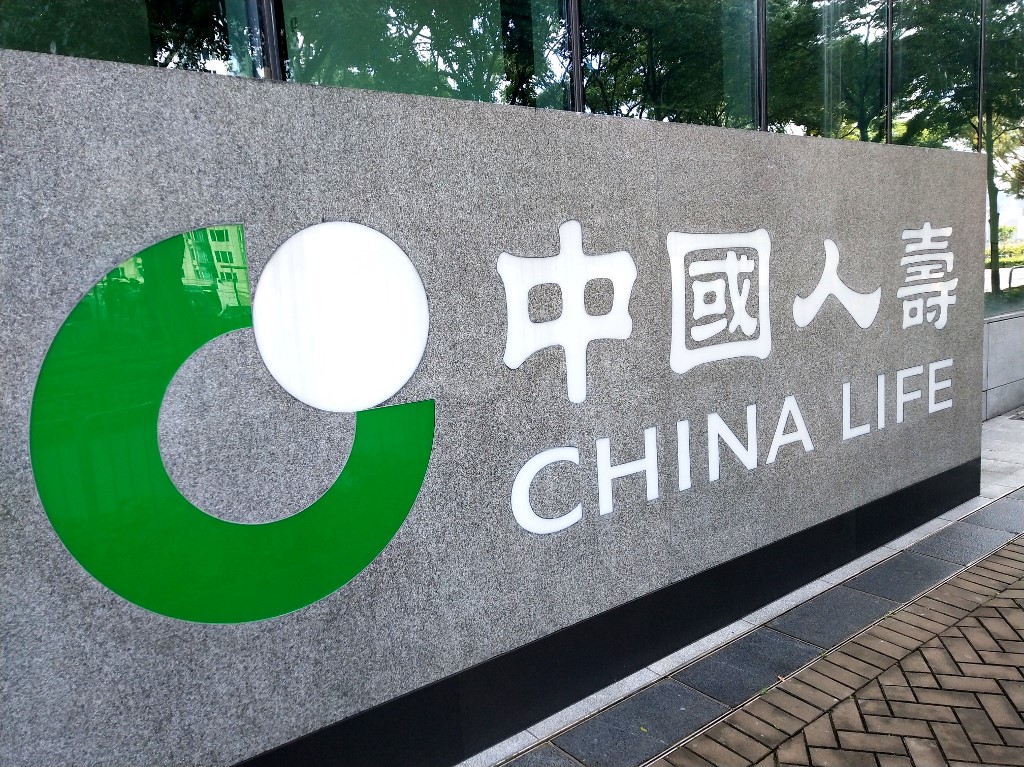(ATF) China’s insurance industry has been rocked by series of revelations about fraudulent practices at the country’s biggest operator.
A whistleblower has lifted the lid on what some observers say is an industry rife with false expenses, false underwriting and false recruitment.
Zhang Naidan, a former employee of China Life’s Nenjiang branch, blew the whistle on regional leader Sun Xiaogang’s false expenses claims and a number of other alleged violations.
Read more: China’s annual NPC session looks to sustainable high-tech future
According to the National Banking and Insurance Regulatory Commission, China’s insurance industry is already the world’s second largest in terms of volume, with premium income exceeding 4.5 trillion yuan and total assets exceeding 60 billion yuan.
Professor Zhang Lin, deputy to the National People’s Congress and director of the Institute of Risk Management and Insurance Actuarial Science of Hunan University, told the Health Times that false expenses, false underwriting, false recruitment and other misdemeanours are all old problems in the sector.
In terms of “volume”, China is already a big insurance country but in terms of “quality”, whether it is insurance depth, insurance density or the business structure and market environment of the insurance market, there is still a long way to go.
Former employees of China Life reported that the new revelations were just “the tip of the iceberg”.
PERSONAL GAIN
Zhang Naidan claimed that the general manager of the Nenjiang branch had created fraudulent insurance premiums for personal gain.
He said: “The general manager of the Nenjiang branch forges customers’ signatures every month to claim high-priced gifts and fabricates various reasons for spending. The whereabouts of more than 4 million yuan of expenses is unknown.”
Fang Wen, an insurance practitioner who has just resigned from China Life, told the China Health Times: “Long-term insurance and short-term insurance, false compensation, false vouchers, false increase in staff, etc, are actually commonplace, especially in the vigorously promoted start-up sales season.”
Fang Wen said that 2020 had been a stressful year for insurance marketers. “Due to the epidemic, it was impossible to go out for business, performance declined severely and new recruitment pressure was ‘very big’.
IDENTITY ABUSE
“Before I left my job, I had to use the identity of people around me. In order to maintain stability, I would sign one or two of my own insurance policies under the names of people around me.”
Last week, the China Banking Regulatory Commission responded to the reports by asking the Heilongjiang Banking and Insurance Regulatory Bureau to set up a special working group to initiate an investigation.
Professor Zhang Lin said the chaos in the insurance industry is like a “chronic disease” and there is still a long way to go to cure it.
And Fang Wen added: “Insurance can be said to be an angel’s industry, and the devil is doing it. The recent real-name reports are just the tip of the iceberg.”
























